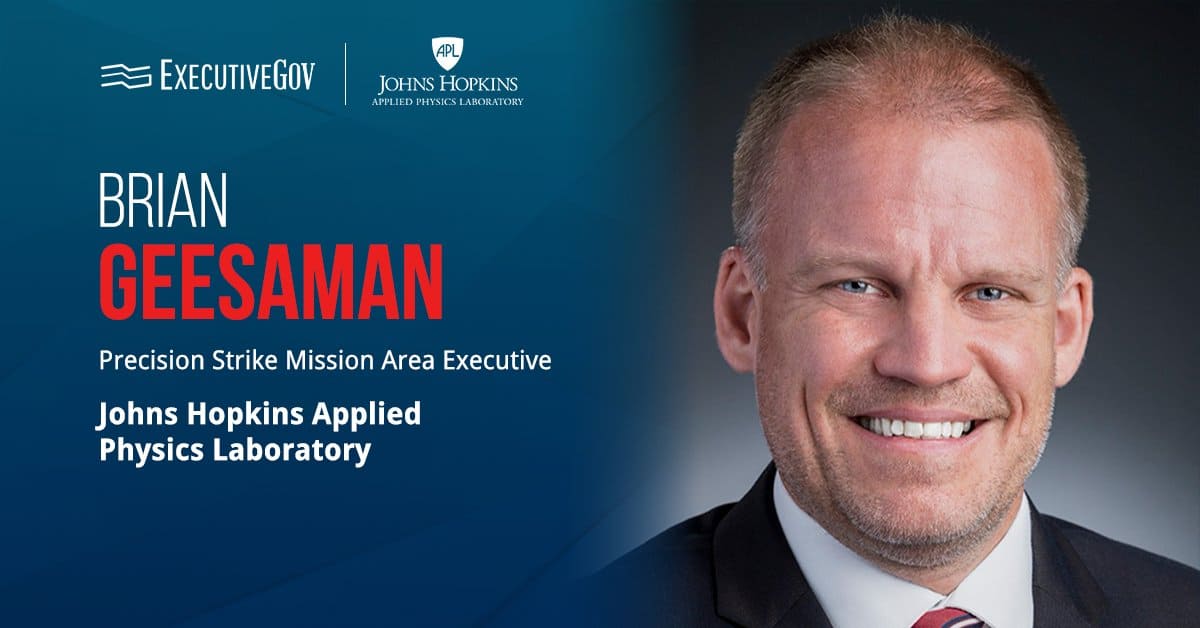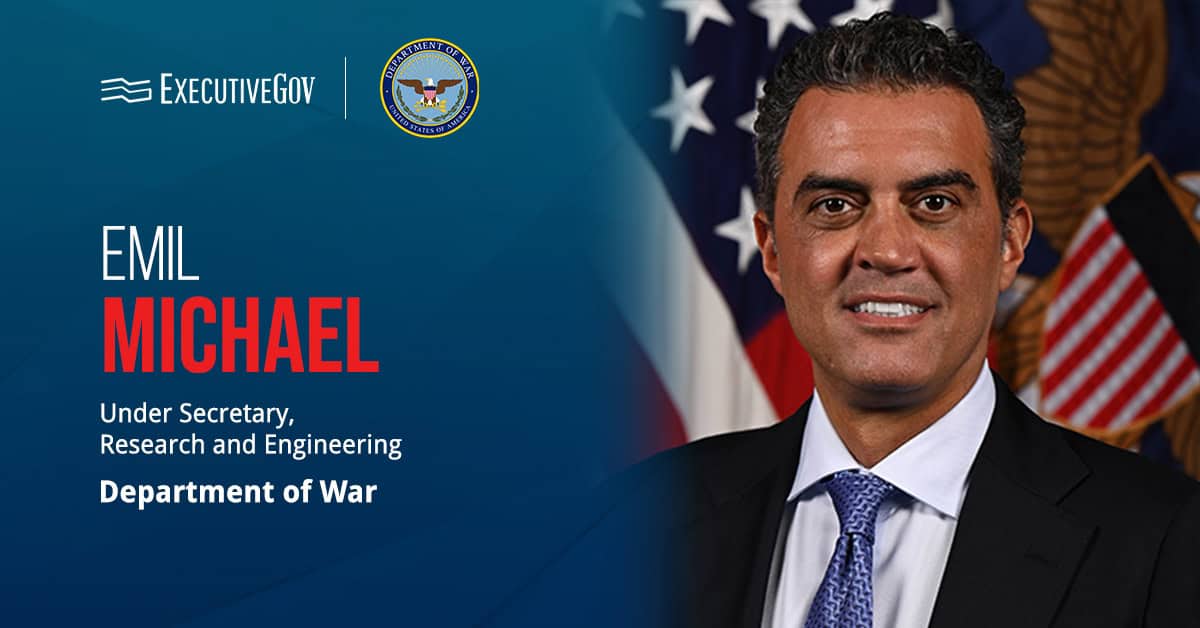The Nuclear Regulatory Commission will distribute almost $10 million in total grants to 20 university-led projects focused on exploring nuclear materials and technologies.
NRC said Wednesday the awards are part of the $16 million budget Congress allocated to the University Nuclear Leadership Program for fiscal year 2022 and support workforce development within the sector.
The grantees, which will each receive close to $500,000, were selected out of the 89 proposals that underwent a peer review process.
Selected proposals include safety analysis for reactor designs and fuel cycle technologies, characterization of fresh and spent nuclear fuel for nuclear power plants and advanced materials and manufacturing for nuclear applications.





